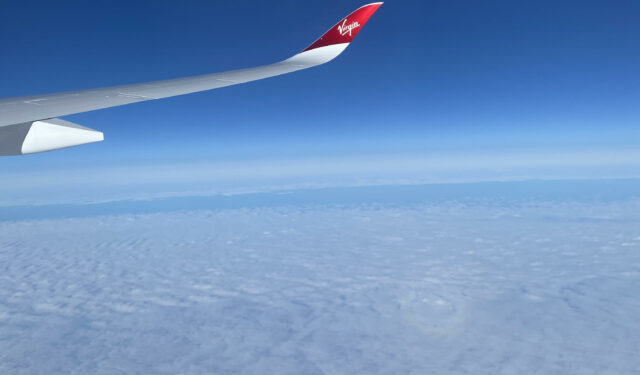Tips for Traveling: Stay Comfortable and Healthy

Traveling overseas can be an exciting adventure, but it can also take a toll on your body. Whether you’re embarking on a long-haul flight, car journey or exploring new destinations, it’s important to prioritise your physical well-being. We will provide you with physiotherapy and chiropractic tips to help you stay comfortable and maintain your health while traveling.

Maintain Good Posture
Sitting for extended periods during flights or long bus rides can lead to poor posture and discomfort. To counteract this, focus on maintaining good posture. Sit with your back straight, shoulders relaxed, and feet flat on the floor. Use a lumbar support pillow or roll up a jacket to support your lower back. Avoid crossing your legs for prolonged periods as it can restrict blood flow and cause muscle imbalances.
Stretch Regularly
Take breaks during your journey to stretch your muscles and improve circulation. Perform simple stretches like neck rotations, shoulder rolls, and leg stretches. These exercises can help alleviate stiffness and reduce the risk of muscle strain or cramps.
Stay Hydrated
Hydration is essential for overall well-being, especially when traveling. Drink plenty of water to prevent dehydration, which can cause muscle cramps and fatigue. Avoid excessive consumption of caffeine and alcohol, as they can contribute to dehydration. Carry a reusable water bottle and refill it regularly to stay hydrated throughout your journey.
Pack Light and use the correct luggage techniques
Heavy luggage can strain your muscles and joints, leading to discomfort and potential injuries. Pack light and distribute weight evenly in your bags. Use a backpack or a suitcase with wheels to minimise strain on your back and shoulders. When lifting luggage, bend your knees and lift with your legs rather than your back to avoid unnecessary strain.

Take Regular Breaks
If you’re embarking on a long flight or car journey, it’s crucial to take regular breaks to move around and stretch. Walk up and down the aisle of the plane, or find a safe spot to stop and stretch during road trips. This helps improve circulation, prevent stiffness, and reduce the risk of blood clots.
Seek Professional Help
If you have existing musculoskeletal issues or chronic pain, consider consulting to the professional before your trip. They can provide personalised advice, exercises, and treatments to help manage your condition while traveling. They may recommend specific exercises, provide joint mobilisations, or suggest using supportive devices like orthotics or braces.
Practice Self Care
Traveling can be physically and mentally demanding, so remember to prioritise self-care. Get enough sleep, eat well-balanced meals, and engage in relaxation techniques like deep breathing or meditation. Taking care of your overall well-being will contribute to a more enjoyable and comfortable travel experience.